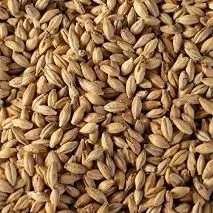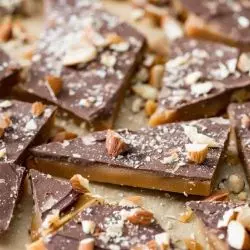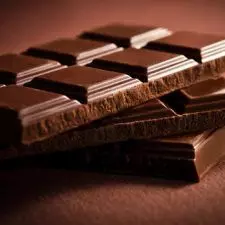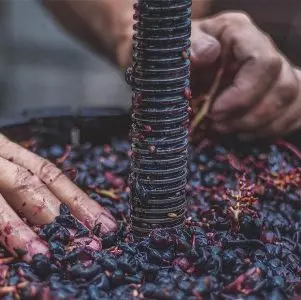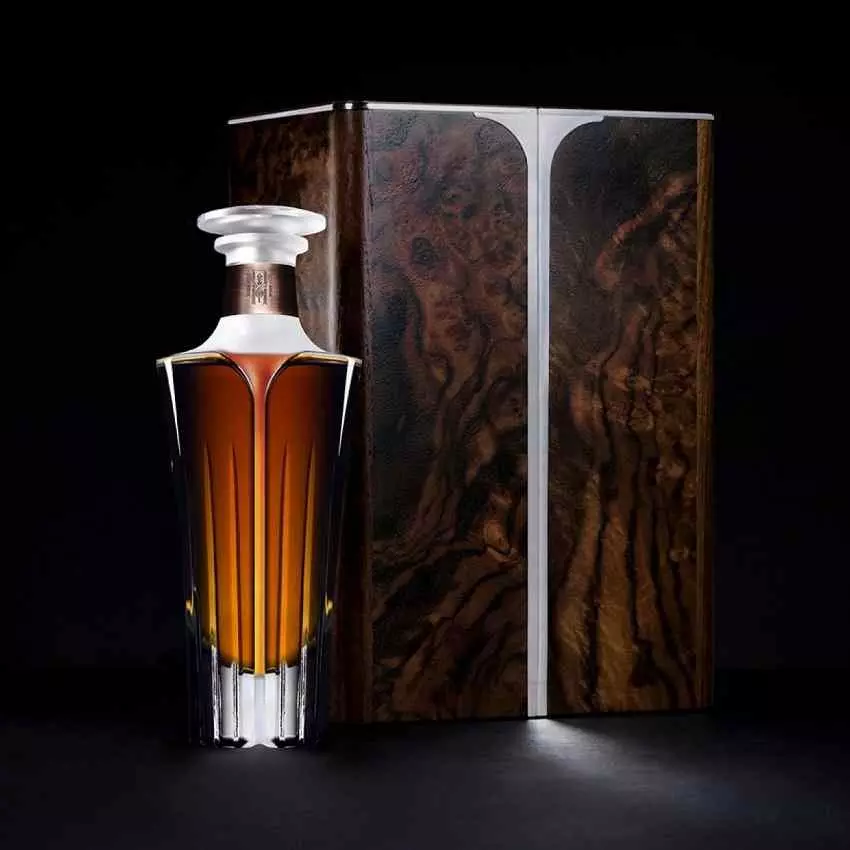Whiskey Type Profile - Irish Whiskey

Whisky Type Overview
Irish whiskey (Irish: Fuisce or uisce beatha) is whiskey made on the island of Ireland. The word 'whiskey' (or whisky) comes from the Irish uisce beatha, meaning water of life. Irish whiskey was once the most popular spirit in the world, though a long period of decline from the late 19th century onwards greatly damaged the industry, so much so that although Ireland boasted at least 28 distilleries in the 1890s, by 1966 this number had fallen to just two, and by 1972 the remaining distilleries, Bushmills Distillery and Old Midleton Distillery (replaced by New Midleton Distillery), were owned by just one company, Irish Distillers. The monopoly situation was ended by an academically-conceived launch of the first new distillery in decades, Cooley Distillery, in 1987. Since the 1990s, Irish whiskey has seen a resurgence in popularity and has been the fastest-growing spirit in the world every year since 1990. With exports growing by over 15% per annum, existing distilleries have been expanded and a number of new distilleries constructed. As of December 2019, Ireland has 32 distilleries in operation, with more either planned or under development. Irish whiskey is a protected European Geographical Indication (GI). As of January 29, 2016, production, labeling and marketing of Irish whiskey must be verified by the Irish revenue authorities as conforming with the Department of Agriculture's 2014 technical file for Irish whiskey. Key requirements include specifications that Irish whiskey must: Be distilled and matured on the island of Ireland (comprising the Republic of Ireland and Northern Ireland) from a mash of malted cereals with or without whole grains of other cereals and which has been saccharified by the diastase of malt contained therein, with or without other natural enzymes; fermented by the action of yeast; distilled at an alcoholic strength of less than 94.8% alcohol by volume in such a way that the distillate has an aroma and taste derived from the materials used and only plain water and caramel colour is added to it; subject to the maturation of the final distillate for at least three years in wooden casks, such as oak, not exceeding 700 litres (185 US gal; 154 imp gal) capacity; retain the colour, aroma and taste derived from the production process referred to above; and have a minimum alcoholic by volume content of 40%. Individual technical specifications for the three varieties of Irish whiskey, "single pot still", "single malt", "single grain", plus "blended" whiskey (a mix of two or more of these varieties) are also outlined in the technical file. The use of the term "single" in the aforementioned varieties being permissible only if the whiskey is totally distilled on the site of a single distillery.
Read more...






